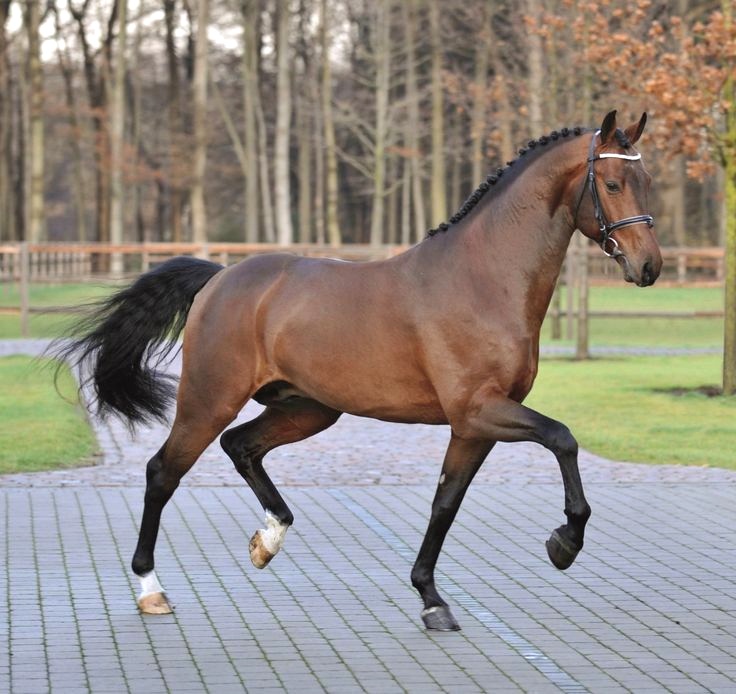Horse racing is an exciting sport that has been around for centuries. It is a sport that has captivated audiences around the world, and continues to do so today. But when it comes to horse racing, does distance matter? Are longer races more difficult than shorter races, or is it all the same? Let’s explore this question in more detail.
Introduction to Horse Racing
Before we delve into the question of whether distance matters in horse racing, it is important to understand the basics. Horse racing is a sport in which horses are raced over a set distance. Races can range in length from a few hundred yards to several miles. The goal of the race is to finish in first place, but the distance of the race can have a major impact on the outcome.
The Different Types of Horse Racing
Horse racing can be divided into two main categories: flat racing and jump racing. Flat racing is the most popular form of horse racing in North America and Europe. It involves horses running on a flat track over a fixed distance. The most common distances for flat racing range from 5 furlongs to 1 1/4 miles. Jump racing, on the other hand, involves horses jumping obstacles such as fences, ditches, and water jumps over a set course. This type of horse racing is more common in the United Kingdom than in other parts of the world.
The Role of Distance in Horse Racing
Now that we have a basic understanding of horse racing, let’s explore the role that distance plays in the sport. While some may assume that longer races are more difficult than shorter ones, this is not necessarily the case. The difficulty of a race is determined by a variety of factors, including the type of track, the condition of the horses, and the type of race. Here is a closer look at how distance plays a role in horse racing.
The Impact of Distance on Flat Racing
In flat racing, the distance of the race can have a major impact on the outcome. Short races, such as sprints, are typically run at a faster pace and require the horses to have a great deal of speed and endurance. Longer races such as the Kentucky Derby, on the other hand, require the horses to have more stamina and the ability to sustain a longer gallop.
The Impact of Distance on Jump Racing
In jump racing, the distance of the race can also have an impact on the outcome. Shorter races may require the horses to have speed and agility, while longer races may require them to have more stamina. Additionally, the type of obstacles can also make a difference. Jump races that involve complex obstacles, such as water jumps, require the horses to be more agile and have a greater level of skill.
The Role of the Jockey
No matter the distance of the race, the role of the jockey can also have a major impact on the outcome. A jockey must have the skill and experience to guide their horse around the track, as well as the ability to time their horse’s run. A jockey’s experience and skill can be the difference between a horse winning or losing a race, regardless of the distance.
The Role of the Horse
The horse is the star of the show when it comes to horse racing. A horse’s performance is determined by its physical condition, training, and innate ability. While some horses may be built for speed, others may be better suited for longer distances. Therefore, the distance of the race can play a role in determining which horse may be the best suited for the race.
The Role of the Track
The track can also be a factor in determining the difficulty of a race, regardless of the distance. For example, a horse racing on a dirt track may need to be more agile and have more speed than a horse racing on a turf track. Additionally, the weather conditions can also play a role in determining the difficulty of a race.
The Role of the Trainer
The trainer is also an important factor in determining the outcome of a race. A trainer can determine which horse is best suited for a certain type of race, as well as the proper training regimen for the horse. Additionally, the trainer can also provide the horses with the necessary rest and recovery time between races.
Conclusion
In conclusion, distance does matter in horse racing. Longer races require the horses to have more stamina and the jockeys to have more skill. Shorter races, on the other hand, require the horses to have more speed and agility. Additionally, the track, weather conditions, and the trainer can all have an impact on the difficulty of a race. Ultimately, it is up to the jockey, horse, and trainer to determine which type of race is best suited for each horse.

